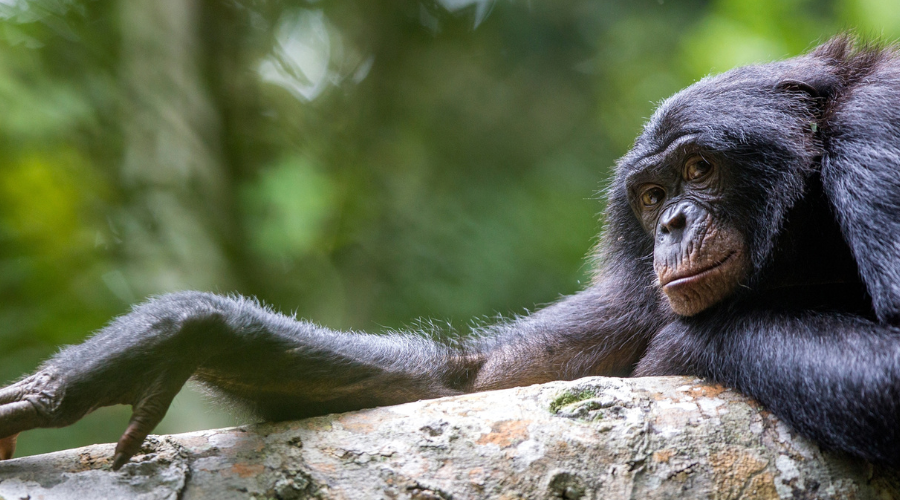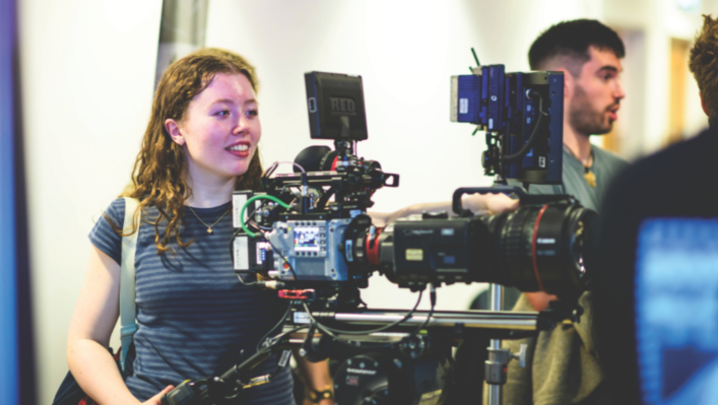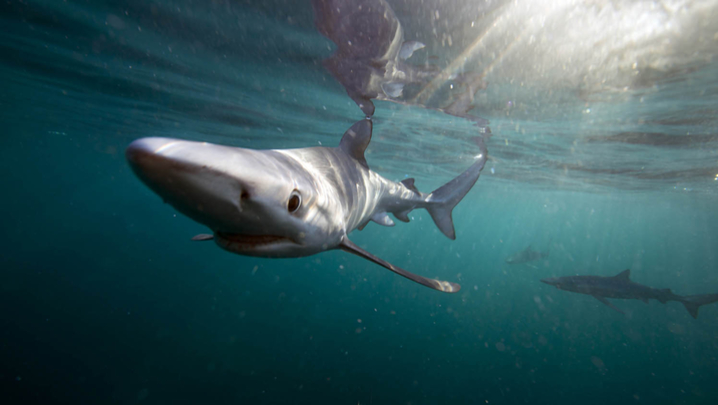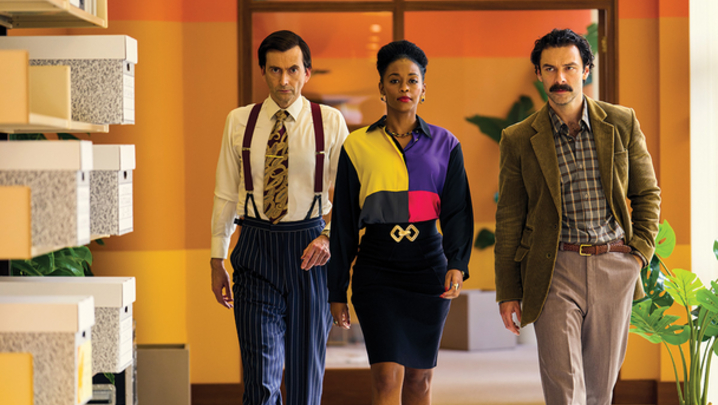Wildstar assembled a women-led crew for its series on nature’s female leaders. Seraphina Allard-Bridge reports
“None of us could believe it hadn’t been done before,” recalled Chloe Sarosh, discussing Wildstar Films’ natural history series about female-led societies. As the series producer and writer of Queens, she was there from the start.
Five years, 12 countries and more than 1,700 days in the field later, seven engrossing episodes have come to National Geographic and Disney+.
Given the show’s focus on fierce female leaders in the animal kingdom, the creators felt it was only right to have a female-led team behind the show. But this meant working against gender inequalities within the industry.
At a sold-out RTS West of England event in Bristol last month, Sarosh explained: “There is an issue in this industry that, to make films like this, you have to go away for a long time…. If you want a family, that becomes almost impossible, so a lot of female talent … drops off at a certain point.”
However, the team didn’t let this stand in their way. Sarosh continued: “We had to make… a whole new model… that supported women, allowed it to be possible that you could make a film like this even if you didn’t step into the field.”
Ilaira Mallalieu, producer/director on Queens, found that it was a “really lovely collaborative team to be part of and that really kept us all going”.
The team spent a year in pre-production developing stories. While many wildlife series tend to be more sequence-based, Queens focuses on the story of one animal species per episode.
“It is a challenge,” said editor Nick Carline. “In some ways it’s harder, because you’ve got to really, really lock in that audience and make them care about the character – and then hold them for the duration.”
“Every one of the Queens episodes is completely different,” said Sarosh, “and we wanted each one thematically to talk about female leadership in a very different way.
“It’s also unapologetically dramatic. It has story at its heart. We wanted it to appeal to a very different audience; perhaps an audience that may not be drawn to natural history in the first place.”
Carline was excited to use contemporary music to draw in this fresh audience: “I think that commercial music just helps you to connect and relate to those characters.… Those big orchestral scores can be a bit alienating sometimes.”
The RTS audience was treated to a screening of the “Rainforest Queens” episode, which tells the story of a young bonobo in the Congo forest, Zoe, leaving her family to seek out a new home. The team agreed that the bonobos really lent themselves to telling a heartfelt story.
“Luckily, bonobos are just a gift,” said Carline. “They’re so charismatic and like us, and you just relate to them.”
“I love this episode so much,” said Sarosh, “because I… so relate to Zoe going out into the world, and finding her people, and finding her place... I think we can all relate to that feeling.”
For cinematographer Tania Escobar, filming the bonobos was a special experience: “There are not many documentaries that have been made about bonobos and that makes this one very, very special. I hope that [this episode] opens the possibilities… for everyone in the world to just know a little bit more about bonobos.”
Kenya-based producer/director Faith Musembi hoped that the series inspires others to pursue their passions.
She said: “I want to get more diverse voices entering this space, because I think we can all agree that we need as many people [as possible] championing conservation in the world right now.”
The screening of Queens and the Q&A that followed were hosted by RTS West of England, in association with Wildscreen, at the Bristol Beacon on 12 March







